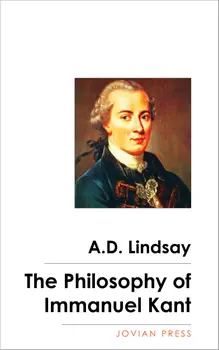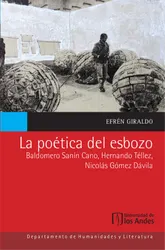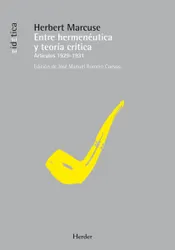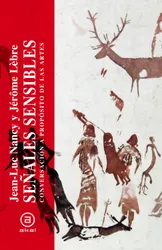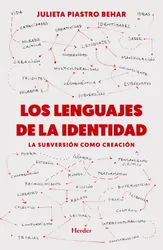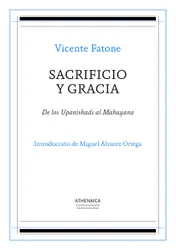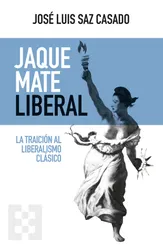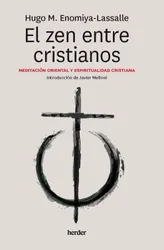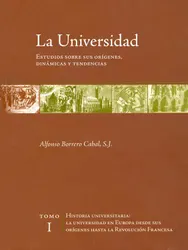It is a difficult matter, says Heine, "to write the life history of Immanuel Kant, for he had neither life nor history. He lived a mechanically ordered, abstract, old bachelor kind of existence in a quiet, retired alley in Königsberg, an old town in the north-east corner of Germany." The times he lived in were stirring enough. He was born in 1724, and died in 1804. He lived through the Seven Years' War that first made Germany a nation, he followed with sympathy the United States War of Independence, he saw the French Revolution and the beginning of the career of Napoleon. Yet in all his long life he never moved out of the province in which he was born, and nothing was allowed to interrupt the steady course of his lecturing, studying, and writing. "Getting up," continues Heine, "drinking coffee, lecturing, eating, going for a walk, everything had its fixed time; and the neighbours knew that it must be exactly half-past four when Immanuel Kant, in his gray frock-coat, with his Spanish cane in his hand, stepped from his door and walked towards the little lime-tree avenue, which is called after him the Philosopher's Walk." "Strange contrast," reflects Heine, "between the man's outward life and his destructive, world-smashing thoughts." As the political history of the eighteenth century came to an end when the French Revolution spilled over the borders of France and drove Napoleon up and down Europe, breaking up the old political systems and inaugurating modern Europe, so its opposing currents of thought were gathered together in the mind of a weak-chested, half-invalid little man in Königsberg, and from their meeting a new era in philosophy began...
The Philosophy of Immanuel Kant
Empieza hoy con este libro por 0 €
- Disfruta de acceso completo a todos los libros de la app durante el periodo de prueba
- Sin compromiso, cancela cuando quieras
Autor/a:
Idioma:
Inglés
Formato:
Señal abierta: Una mirada a la televisión peruana del siglo XXI
James A. Dettleff, Giuliana Cassano, Guillermo Vásquez Fermi, Thalía Dancuart Coelho
bookLa poética del esbozo: Baldomero Sanín Cano, Hernando Téllez, Nicolás Gómez Dávila
Efrén Giraldo
bookSobre el umbral o para un vaciado infinito : Tres figuras de duelo del arte contemporáneo colombiano a partir de Jean-Luc Nancy
Juan Diego Pérez Moreno
bookEntre hermeneutica y teoria critica : Articulos 1929-1931
Herbert Marcuse
bookSeñales sensibles : Conversación a propósito de las artes
Jean-Luc Nancy, Jérôme Lèbre
bookSometer a los dioses, dudar de las imágenes : Enfoques relacionales en el estudio del arte ritual amerindio
Johannes Neurath
bookLos lenguajes de la identidad : La subversión como creación
Julieta Piastro Behar
bookSacrificio y gracia. De los Upanishads al Mahayana
Vicente Fatone
bookJaque mate liberal. La traición al liberalismo clásico
José Luis
bookLas tres joyas : El Buda, su enseñanza y la comunidad
Agustín Pániker
bookEl zen entre cristianos : Meditación oriental y espiritualidad cristiana
Hugo Enomiya Lasalle
bookLa universidad. Estudios sobre sus orígenes, dinámicas y tendencias : Vol. 1. Historia universitaria: la universidad en Europa desde sus orígenes hasta la Revolución Francesa
Alfonso Borrero Cabal
book
